Understanding Critical Skills for Systems Engineers
Abstract
For traditional engineers – mechanical, electrical, civil, etc. – there are often clearly-defined career pathways. Professional credentialing in some fields makes it clear what it means to practice as a novice or apprentice, a journeyman, or a master or expert. Systems engineering is a younger discipline relative to many other engineering fields and in the United States at least, there is no unified professional engineering certification for systems engineers. This chapter explores what it means for systems engineers to be effective and provides practical guidance on how systems engineers can examine and plan their career paths. The discussion is based on data from over 600 individuals across over 30 organizations in three countries.
Leads
Nicole Hutchison
Stevens Institute of Technology
Publications
DAU ( 2016a ). ENG: Engineering Career Field Competency Model . Version 2.0. Fort Belvoir, VA : Defense Acquisition University, Department of Defense .
DAU ( 2016b ). PM: Project Management Career Field Competency Model . Fort Belvoir, VA : Defense Acquisition University, Department of Defense .
Hutchison , N. , Verma , D. , Burke , P. et al. ( 2018 ). Atlas 1.1: An update to the Theory of Effective Systems Engineers . Hoboken, NJ : Systems Engineering Research Center, Stevens Institute of Technology .
Hutchison , N. , Verma , D. , Burke , P. et al. ( 2020 ). Atlas: Effective Systems Engineers and Systems Engineering . SERC-2020-TR-007-A. Hoboken, NJ : Systems Engineering Research Center (SERC), Stevens Institute of Technology .
IEEE ( 2014 ). Software Engineering Competency Model (v. 1.0) . IEEE Computer Society .
MITRE ( 2007 ). Systems Engineering Competency Model . McLean, VA : MITRE Corporation .
NAVAIR/NAVSEA Working Group ( 2020 ). Digital competency framework overview: NAVAIR/NAVSEA Working Group . Presentation.
SFIA Foundation ( 2018 ). Skills Framework for the Information Age 7: The Complete Reference . SFIA Foundation .
Vesonder , G. , Verma , D. , Hutchison , N. , et al. ( 2018 ). RT-171: mission engineering competencies technical report . Systems Engineering Research Center (SERC), Stevens Institute of Technology, Hoboken, NJ. SERC-2018-TR-106 .
Whitcomb , C. , Khan , R. , and White , C. ( 2017 ). The Systems Engineering Career Competency Model, Version 1.0 . Monterey, CA : Naval Postgraduate School .
Michigan State University ( 2014 ). “What is the ‘T’?” Washington, DC, March 21–22, 2016, T-Summit 2016 . University of Michigan & IBM http://tsummit.org/t (accessed 3 June 2016).
Waldawsky-Berger , I. ( 2015 ). The rise of the T-shaped organization . The Wall Street Journal .
Giffin , R. , N. Hutchison , C. Lipizzi , et al. 2021 . WRT-1018: DAU credential development . Hoboken, NJ : Stevens Institute of Technology, Systems Engineering Research Center (SERC) . SERC-2021-TR-008 .

